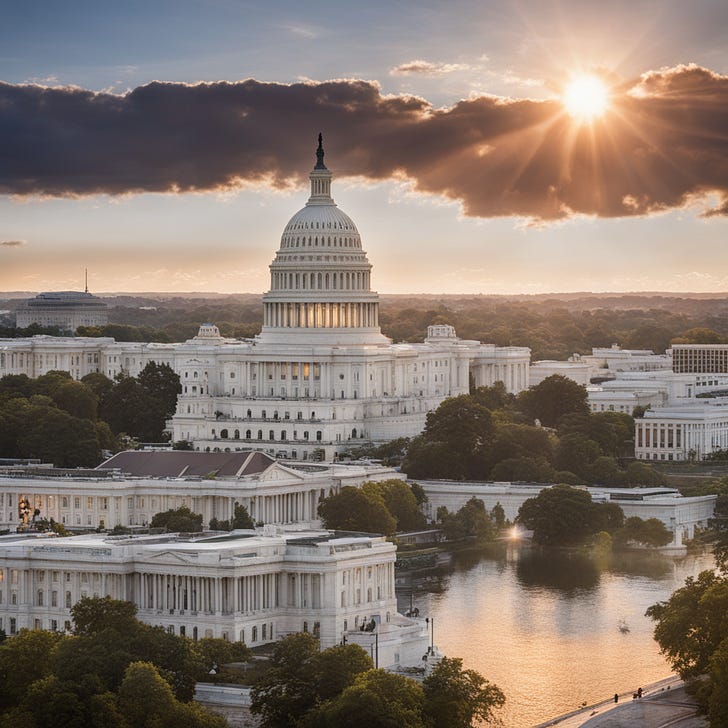
In recent years, the way political discourse has played out on social media has been incendiary. The business models of the legacy social platforms have favored the promotion of content that piques emotion, stokes conflict, polarizes, and tribalizes—to the extent that it has become almost impossible for productive, civil discourse to take place there. But on Substack, we’ve seen that the tenor and quality of discussion can be much better. Our business model promotes deeper engagement and more considered back-and-forth. The rewards go to those who prove they can respect the reader’s trust and attention over the course of an ongoing relationship, not to those who come up with the best dunk in a fleeting moment. So even while the legacy social networks shy away from politics, or throw fuel on a bad dumpster fire, we are going to lean in. Political discussion is important. Debate and dissent drive progress. And Substack is the best place for those conversations. We are going to keep proving that to be true.
Some of the best political writing is already happening on Substack, from writers more and less known, from big names like Matt Taibbi and Robert Reich to up-and-comers like N.S. Lyons and Martyr Made. Millions of readers trust writers and publications like Heather Cox Richardson, Dan Pfeiffer, The Free Press, Dan Rather, Simon Rosenberg, Ann Coulter, Neal Katyal, The Bulwark, Erin Reed, Chris Rufo, Ruth Ben-Ghiat, Mike Cernovich, Michael Moore, Bryan Caplan, Joyce Vance, Nate Silver, Matt Yglesias, Josh Barro, The Fifth Column, and Andrew Sullivan—along with myriad others—to make sense of what is going on. With the election season ramping up, we expect even more people to turn to the voices they trust on this platform as it becomes more obvious that the Substack model leads to better work and better conversations than those that have dominated legacy social media in past elections.
The smartest analysis, commentary, campaigning, and reporting about this election year will all be happening here. Substack is already the place where independents, outsiders, nerds, contrarians, deep thinkers, and established voices interpret the election and the currents that are shaping the political landscape in America. The cable news channels, public radio stations, YouTube shows, and podcasts will all turn to Substack to find informed and opinionated writers to book for their programs. More and more, politicians and interest groups will look to Substack writers to help make their case for their policies and positions. Candidates will cut out the middlemen by using Substack as a home for their editorials—a direct channel to voters so they can make a full, intelligent case for what they will do if they’re elected. These politicians, like Boston Mayor Michelle Wu, will find that they don’t have to be reduced to tweets or sound bites in reports compiled by unsympathetic media outlets. Substack offers them a way to take control of their own narratives.
As we spread the word that Substack is playing an increasingly important role in the political world, we’re thrilled to announce that we have hired Catherine Valentine, a communications professional from the Washington Post, to lead our politics initiatives. At the Post and, before that, CNN, Catherine earned a reputation as a sharp thinker with brilliant instincts. At Substack, she will work with politicians, candidates, analysts, and policy experts across the political spectrum to help make Substack the central place for thoughtful, rigorous conversations.
We can’t wait to send her into the political world as a representative of Substack. Catherine is going to show Washington, D.C., what Substack can do for politics, handshake by handshake—through meetings, communications, attracting new voices to the platform, and hosting events. We’ve given her the task of making Election ’24 “the Substack Election.” If you have ideas for how she can do that, please let us know!




Share this post